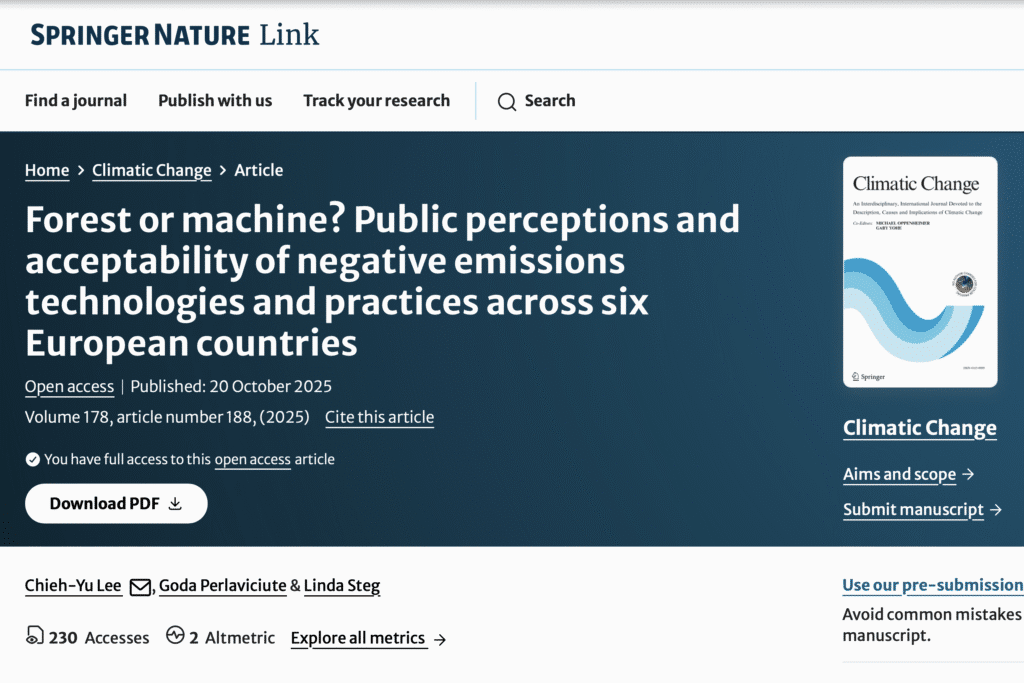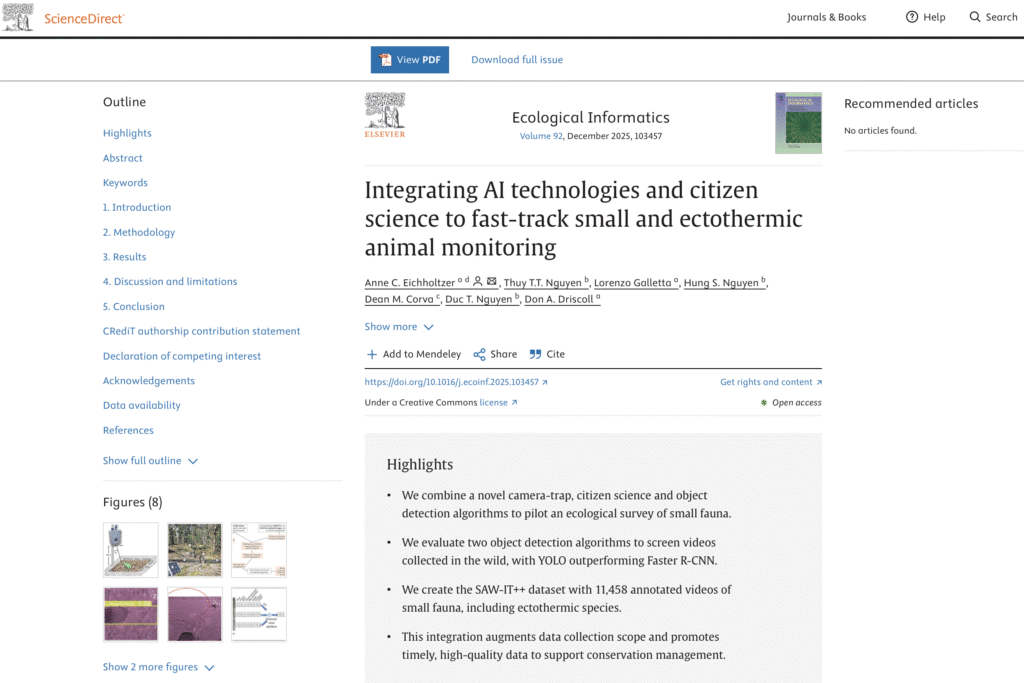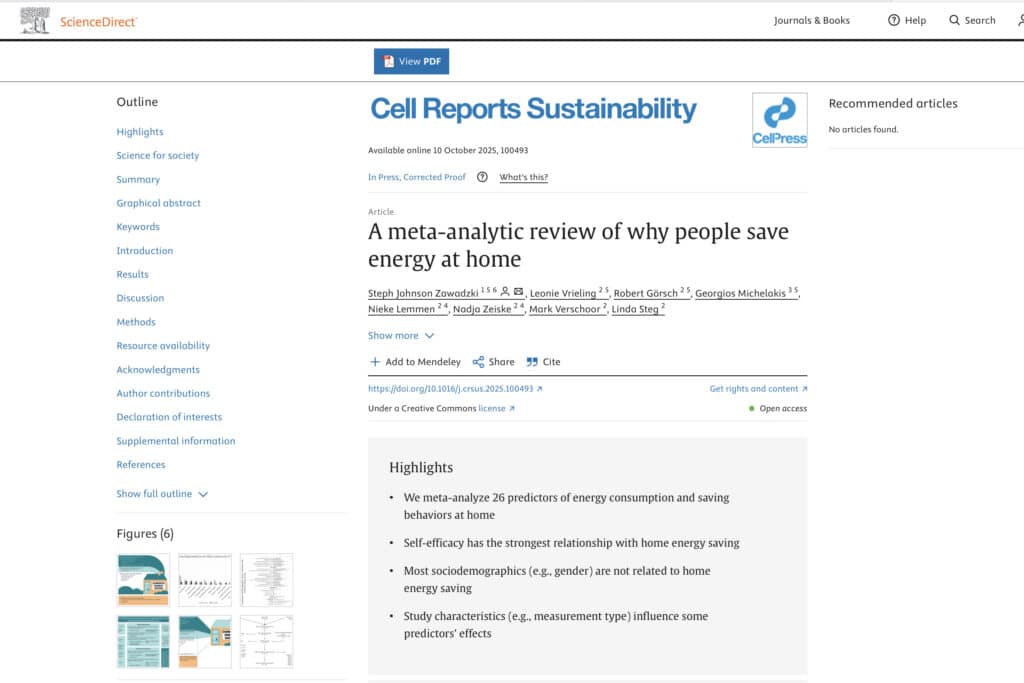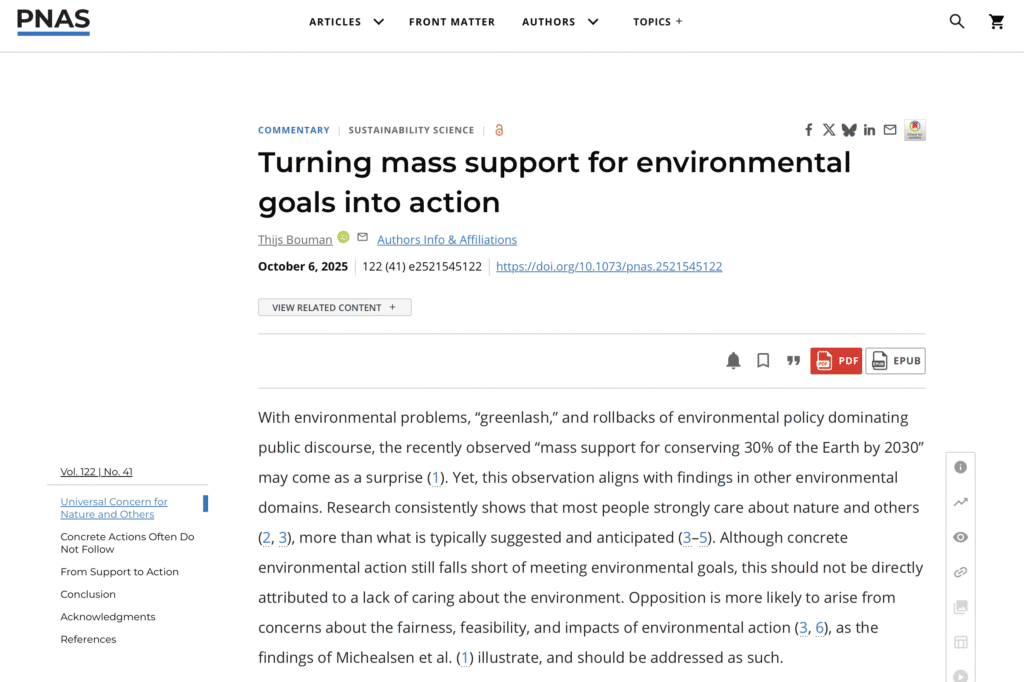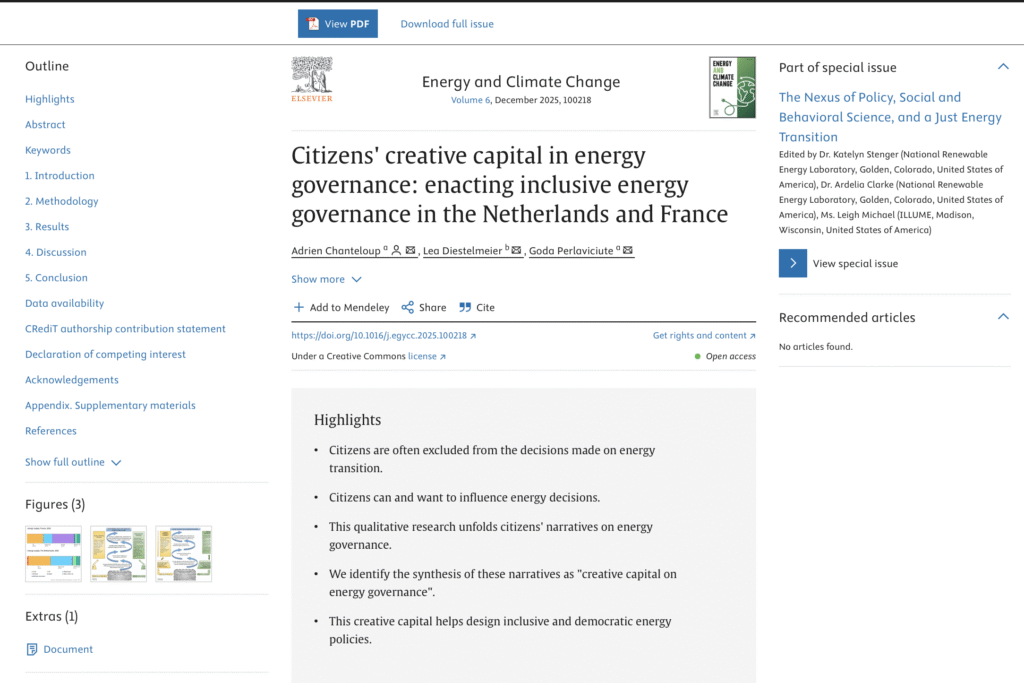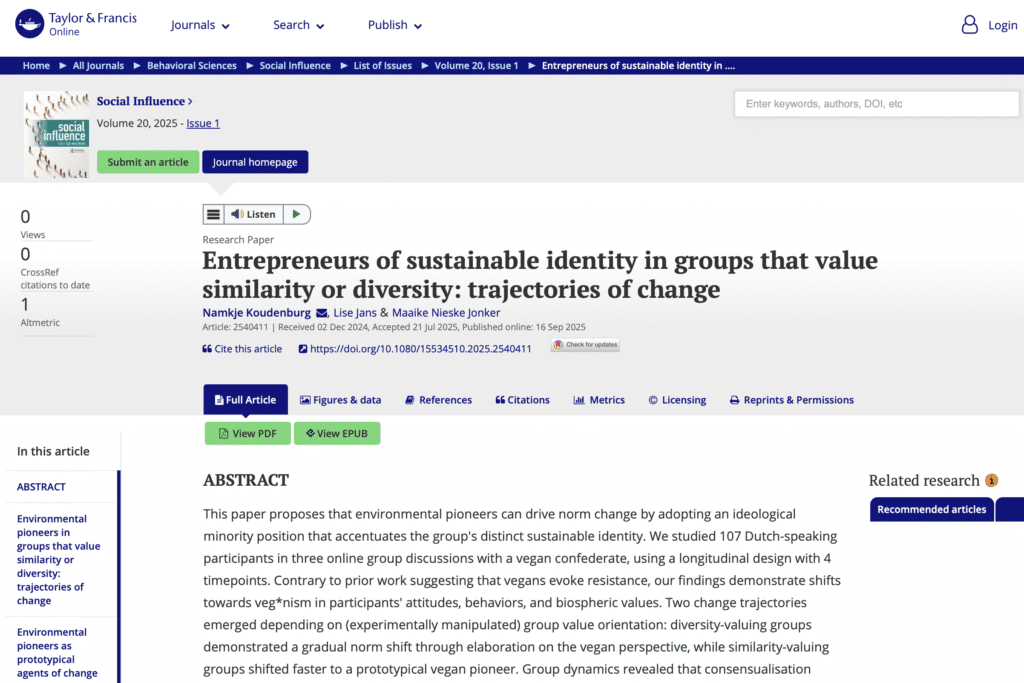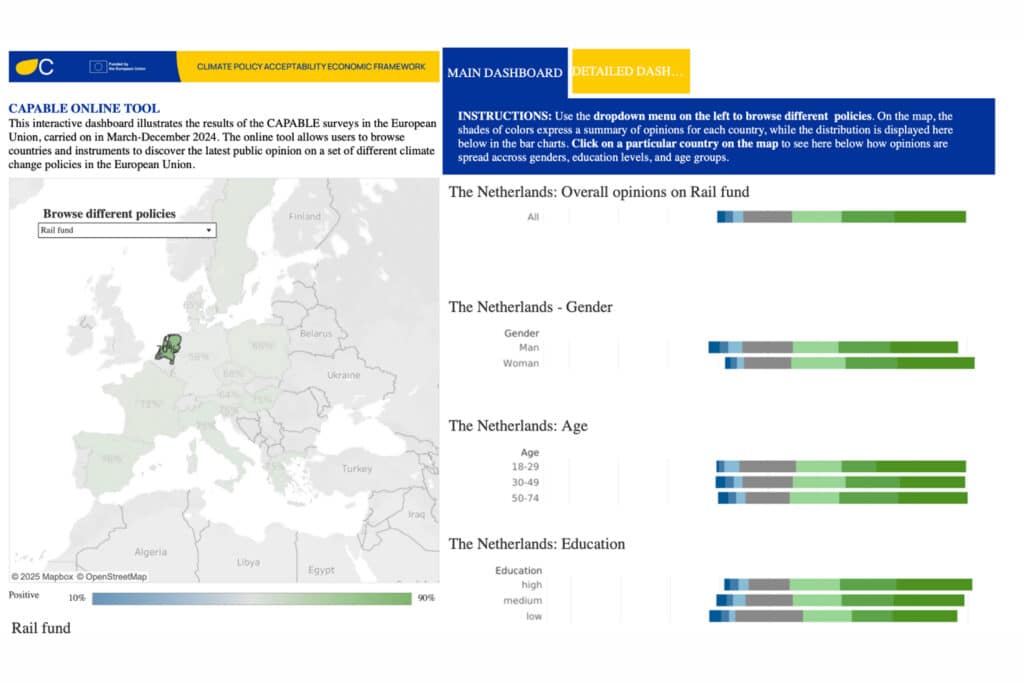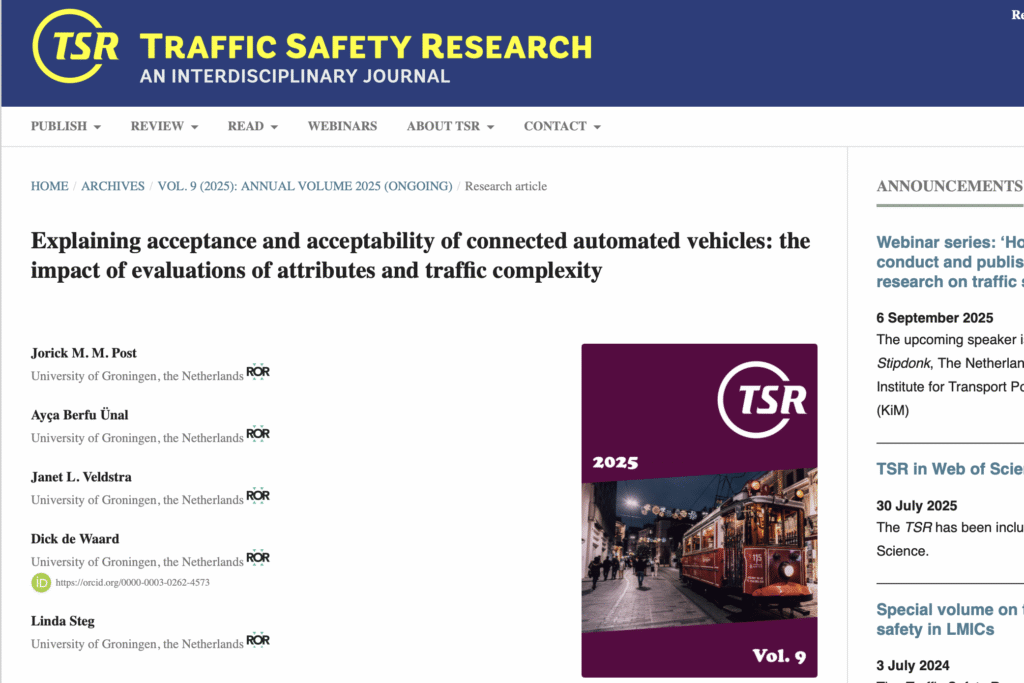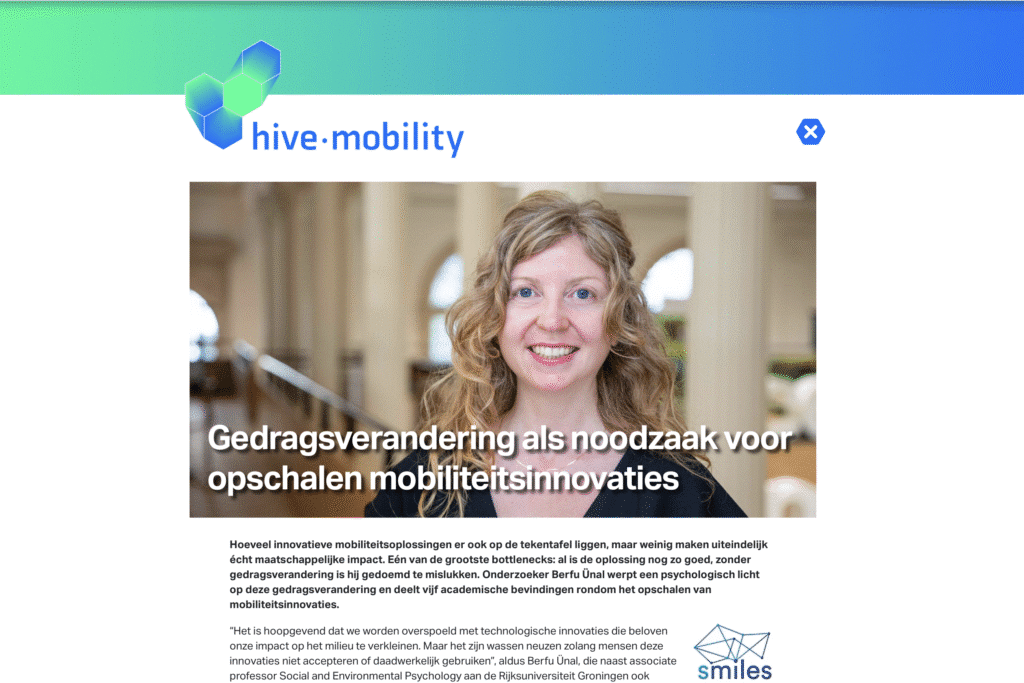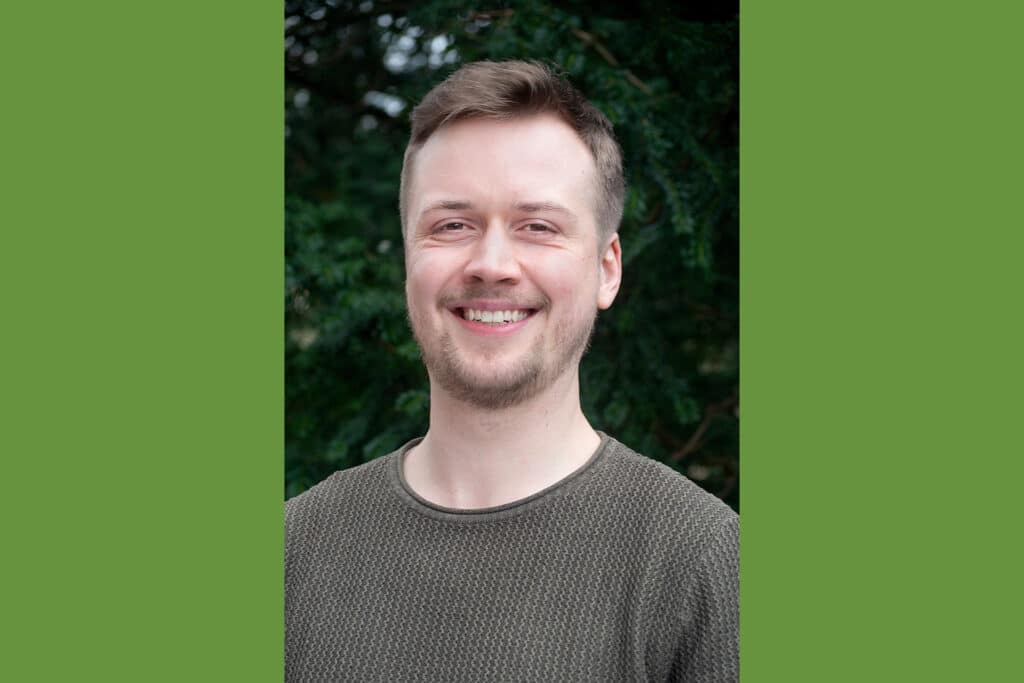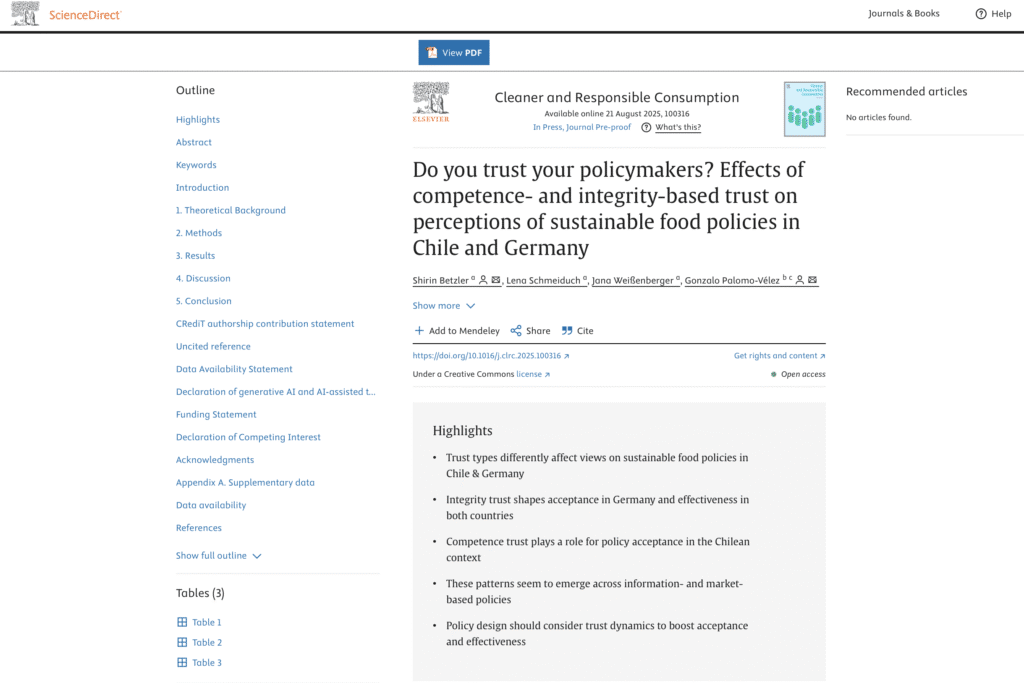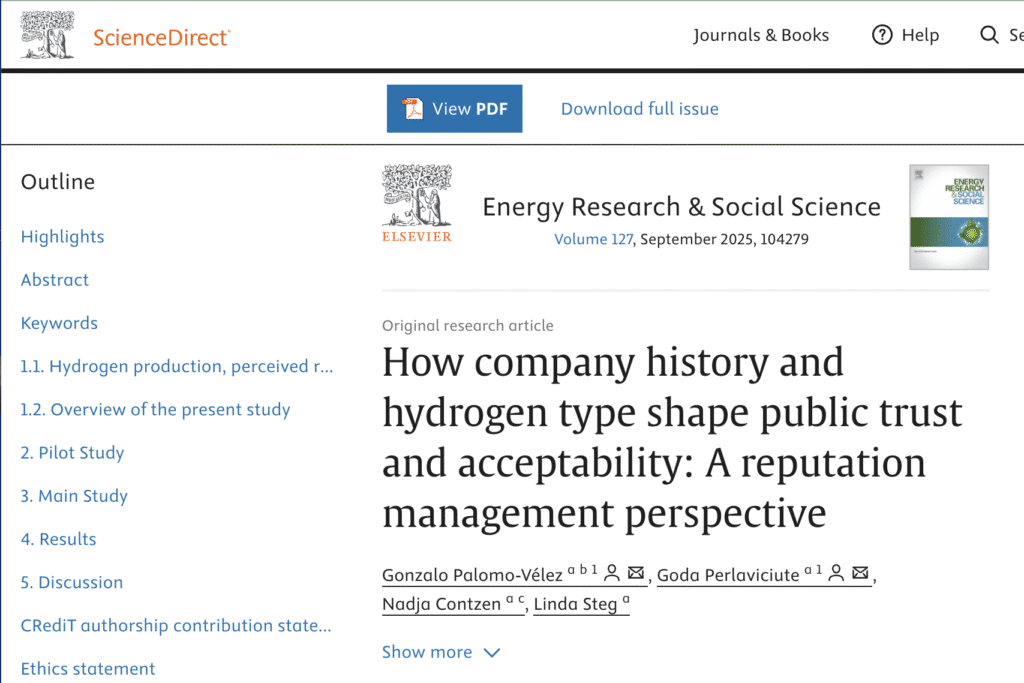A broad consortium of scientific and social organizations, including the Dutch national government, universities, municipalities, and funding parties, will collaborate in the coming years on the research project Empowering Citizen Collectives in Societal Transitions (ECCO). The Dutch National Science Agenda has allocated €6.8 million to this research project.
Equal collaboration with citizen collectives
The Netherlands faces major societal challenges, such as housing, quality of life, climate change, and the energy transition. At the same time, many residents feel less control over their lives and living environment, and trust in the government is declining. Because they help communities increase their resilience and ability to respond and adapt in their immediate living environment, citizen collectives may be part of the solution to address these societal transitions.
Connecting society and science
ECCO aims to use research to develop new models, methods, and tools that stimulate equal cooperation between governments and citizen collectives, thereby improving mutual trust. The growing knowledge exchange platform CollectieveKracht, founded by Professor Tine De Moor (Rotterdam School of Management, Erasmus University), will play a central role in this. De Moor, who is also the lead applicant for the project, says: ‘Thanks to this grant, a group of enormously enthusiastic and dedicated researchers and social partners will be able to provide even better support to the citizen collective movement. ECCO will give citizen collectives the tools they need to tackle the challenges of the future of housing, care, and sustainability.’

Our colleagues adjunct professor Lise Jans and associate professor Ellen van der Werff will supervise a PhD candidate as part of the project. Jans will also serve as the second supervisor for a PhD candidate in Rotterdam, together with Tine de Moor, and she will also lead one of the work packages. Ina Horlings from the Faculty of Spatial Sciences at the University of Groningen is also involved in ECCO.
Knowledge, skills, and visible impact
By developing models along with digital and analog tools, citizens will gain access to practical knowledge and skills. These new scientific insights will make clear what the value, credibility, and impact of citizen collectives are to governments, both in the short and long term.
ECCO represents an important step towards a society in which residents and governments can work together to shape the future of their living environment.


